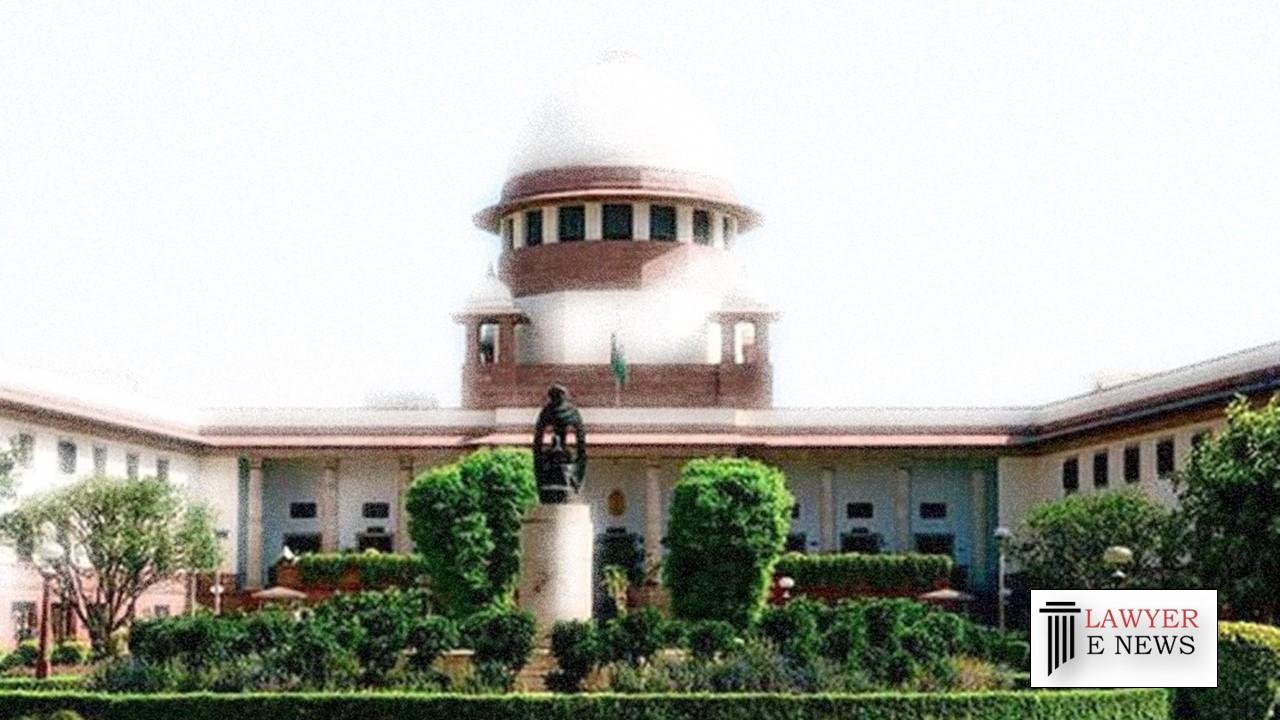-
by Admin
16 February 2026 1:47 PM



In a landmark judgment dated February 5, 2024, the Supreme Court of India, comprising Justices C.T. Ravikumar and Rajesh Bindal, partly allowed a Special Leave Petition (Crl.) No.2888 of 2023, modifying the sentence of the petitioner, Bhaggi @ Bhagirath @ Naran, convicted for the rape of a 7-year-old girl. The bench notably observed that the “barbaric act deserves a deterrent punishment,” leading to the modification of the life imprisonment sentence to a fixed term of 30 years of rigorous imprisonment.
The petitioner was convicted under Section 376 AB of the IPC, as amended by Act No.22 of 2018, and the POCSO Act. The High Court of Madhya Pradesh had commuted his death sentence to life imprisonment. Challenging this commutation, the petitioner approached the Supreme Court.
On the Nature of the Crime: The Court, after a meticulous examination of the case facts and the heinous nature of the crime, underscored the barbaric nature of the petitioner’s actions, stating, “one can only say that the action of the petitioner-convict is barbaric though he had not acted in a brutal manner.”
Sentence Modification Rationale: The bench elucidated the need for a deterrent punishment, considering the victim’s age and the location of the crime. Justice Ravikumar remarked, “So also, the incident may haunt her and adversely impact her future married life.”
Legal Precedents: The judgment referred to several significant decisions, including ‘Shiva Kumar v. State of Karnataka’ and ‘Union of India v. V. Sriharan alias Murugan’, highlighting the Constitutional Courts’ power to impose modified or fixed-term sentences.
The Supreme Court modified the life imprisonment sentence to 30 years of rigorous imprisonment, inclusive of the period already served. Additionally, the Court imposed a fine of Rupees One Lakh, directed to be paid for the victim’s rehabilitation. The sentence for the conviction under Section 363 IPC shall run concurrently.
Date of Decision: 5th February 2024
BHAGGI @ BHAGIRATH @ NARAN VS THE STATE OF MADHYA PRADESH
